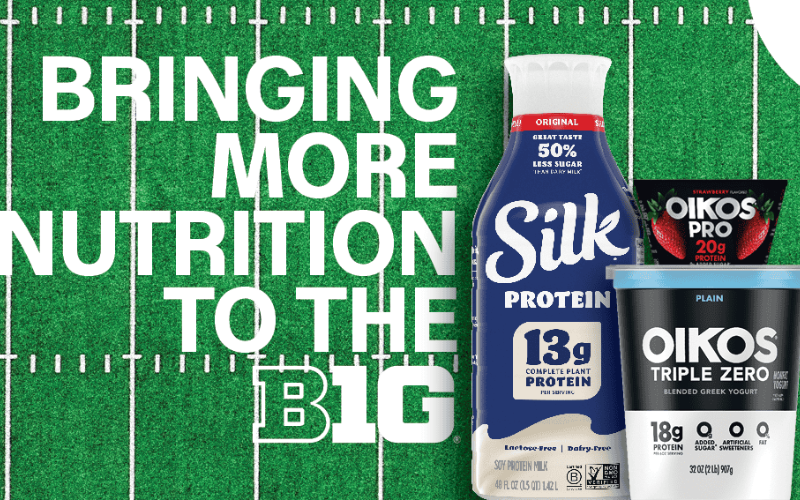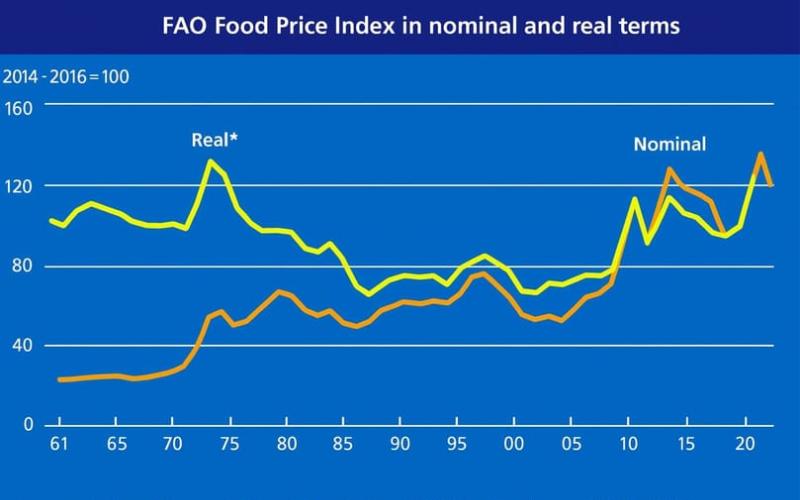Whey Protein Market To Reach USD 16.8 Billion By 2032, Says DataHorizzon Research
Source: The DairyNews
The whey protein market was valued at USD 6.2 Billion in 2022 and is anticipated to grow CAGR at 10.6% to reach USD 16.8 Billion by 2032.

The popularity of whey proteins impels the market demand in the forecast period.
Naturally occurring in cow milk, whey proteins comprise around 20% of the milk's protein content, with the remainder being casein. Initially present in liquid form, whey is a nutrient-rich mixture containing proteins, fats, vitamins, minerals, carbohydrates, and lactose. Following separation during cheese production, whey undergoes filtration and drying to yield a powdered form. As a protein complex, whey is a functional food offering numerous health benefits, including immune enhancement properties attributed to components such as beta-lactoglobulin, alpha-lactalbumin, and immunoglobulins.
The growing demand for whey protein as an energy-boosting product propels growth in the market. This surge is further fueled by increasing awareness and adoption of healthy lifestyles, coupled with the growing gym culture, as whey protein aids in strength enhancement and muscle building.
Another significant growth driver in the fitness and wellness sector is the rising disposable income and heightened fitness awareness, particularly among younger demographics. Elevated income levels and the pervasive influence of social media contribute to the growing trend of embracing a healthy lifestyle as individuals aspire to attain their desired physique. Additionally, a notable trend is the inclusion of whey in infant diets, as it fosters healthy growth during formative years, further augmenting market demand.
Naturally occurring in cow milk, whey proteins comprise around 20% of the milk's protein content, with the remainder being casein. Initially present in liquid form, whey is a nutrient-rich mixture containing proteins, fats, vitamins, minerals, carbohydrates, and lactose. Following separation during cheese production, whey undergoes filtration and drying to yield a powdered form. As a protein complex, whey is a functional food offering numerous health benefits, including immune enhancement properties attributed to components such as beta-lactoglobulin, alpha-lactalbumin, and immunoglobulins.
The growing demand for whey protein as an energy-boosting product propels growth in the market. This surge is further fueled by increasing awareness and adoption of healthy lifestyles, coupled with the growing gym culture, as whey protein aids in strength enhancement and muscle building.
Another significant growth driver in the fitness and wellness sector is the rising disposable income and heightened fitness awareness, particularly among younger demographics. Elevated income levels and the pervasive influence of social media contribute to the growing trend of embracing a healthy lifestyle as individuals aspire to attain their desired physique. Additionally, a notable trend is the inclusion of whey in infant diets, as it fosters healthy growth during formative years, further augmenting market demand.
Key News of the Week











